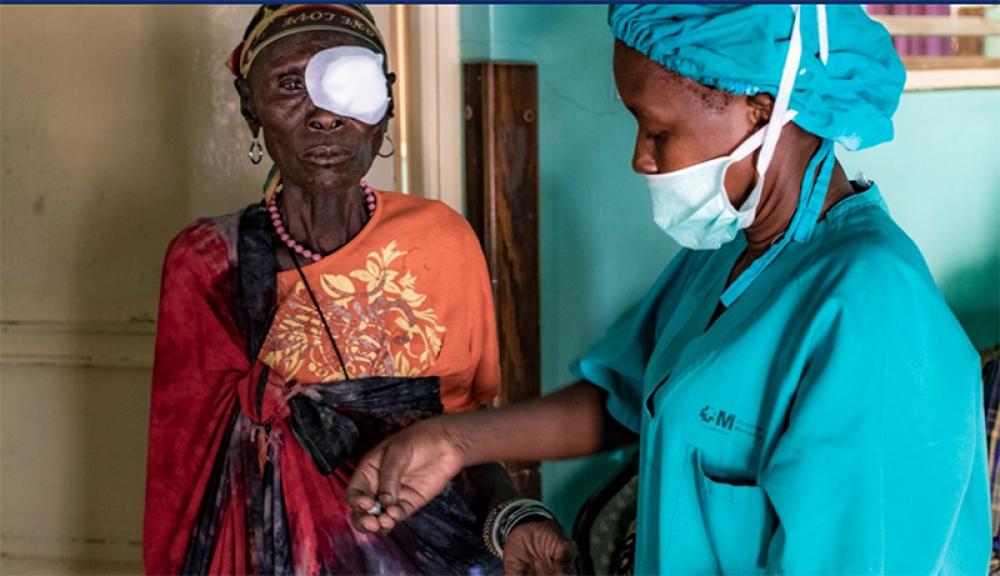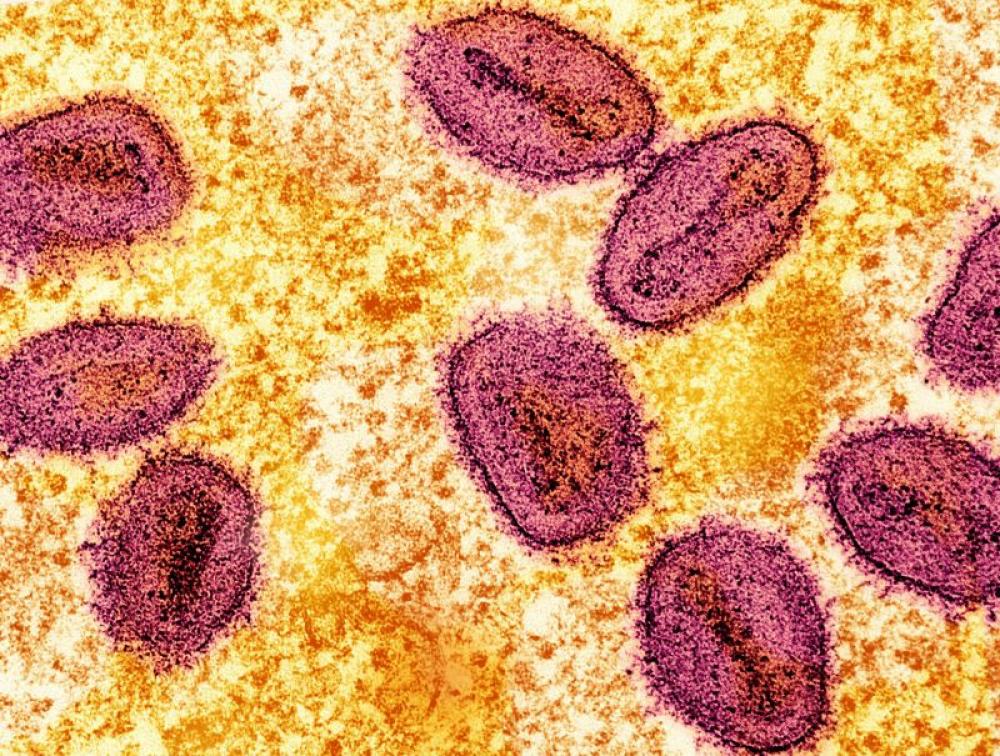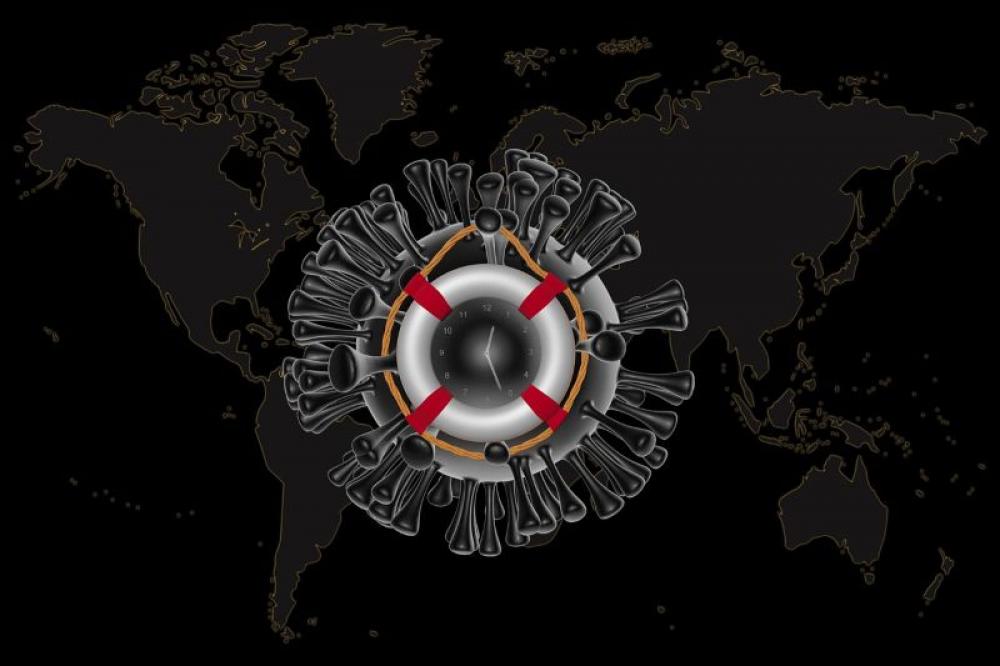A British woman underwent a quadruple amputation after developing sepsis, which doctors believe may have been triggered by a lick from her pet dog on a small cut or scratch.
A new study by researchers at UC San Francisco has uncovered a mechanism that explains how exercise can improve cognition by reinforcing the brain’s protective network of blood vess ...
The World Health Organization (WHO) is urging countries to accelerate efforts to ensure that millions of people living with cataract can access simple, sight‑restoring surgery – o ...
The detection of a newly identified recombinant mpox virus containing genetic material from two known strains underscores the need for continued genomic surveillance, the UN World Health ...
Obesity substantially increases the risk of hospitalization and death from a wide range of infectious diseases—including influenza, COVID-19, pneumonia, gastroenteritis, urinary tra ...
A new study has found that consumption of coffee (2-3 cups a day) or tea (1-2 cups a day) can help to reduce dementia risk, slow cognitive decline, and preserve cognitive function.
This Chocolate Day, you have helped in improving your health by eating a piece of chocolate rather than simply satisfying your taste buds.
Menopause is linked to reductions in grey matter volume in key brain regions as well as increased levels of anxiety and depression and difficulties with sleep, according to new research f ...
A person has died from a Nipah virus (NiV) infection in Bangladesh, the World Health Organization (WHO) confirmed on Friday.
- Falling birth rates blamed on COVID shots? New research says think again
- Men at risk by 35? Major study reveals early heart disease warning
- UN Study: Nearly 40% of cancer cases could be prevented — Are you at risk?
- Global health at risk? WHO warns aid cuts are crippling the system
- Is America facing a hidden long COVID Brain Fog surge? Global study says yes















-1763561110.jpg)
